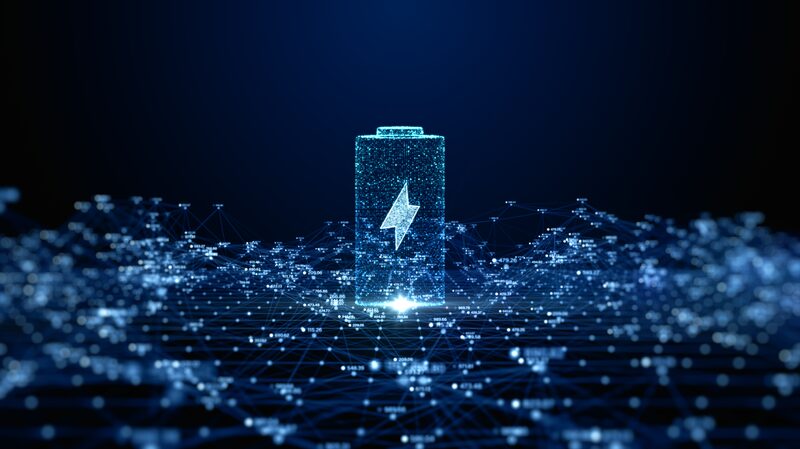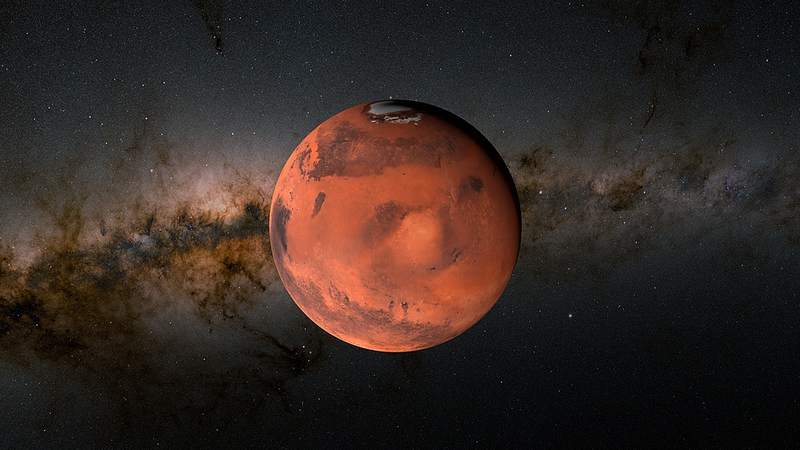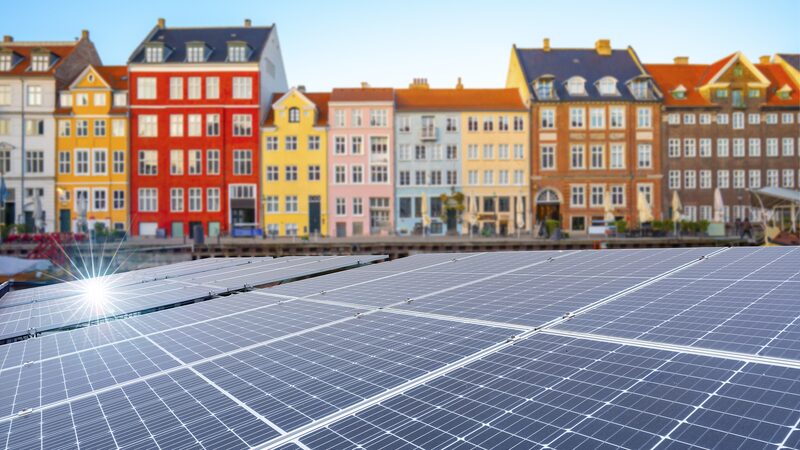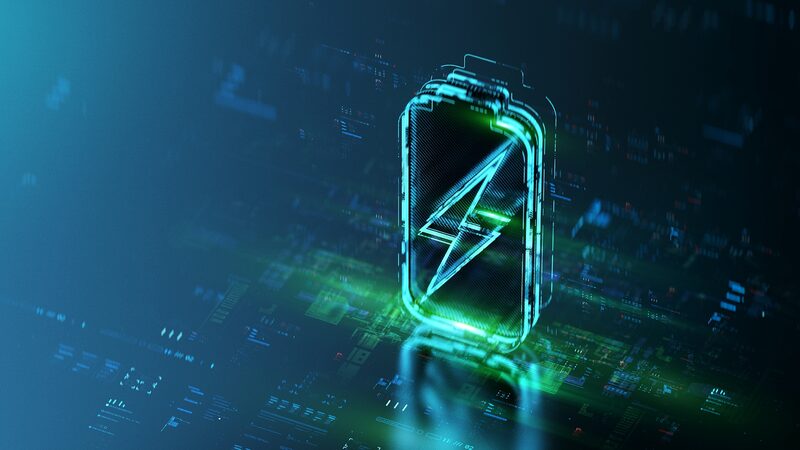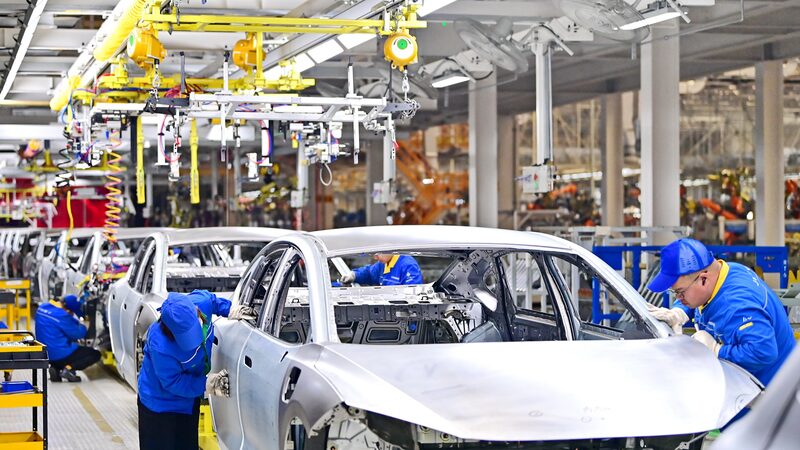An Australian-Chinese research team has developed innovative technology that enables direct lithium extraction from extreme environments like deserts, potentially revolutionizing the global lithium supply chain.
In a recent study, scientists from Monash University and the University of Queensland (UQ) demonstrated how their novel method efficiently extracted lithium from salty waters of China’s Longmu Co Lake and Dongtai Lake. This breakthrough was announced in a media release by Monash University on Tuesday.
Lithium plays a crucial role in the global clean energy transition due to its widespread use in battery storage technology. However, experts have warned that global lithium supply could fall short of demand as early as 2025, with up to 75 percent of the world’s lithium-rich saltwater sources currently untappable using existing methods.
The new technology utilizes a nanofiltration process involving ethylenediaminetetraacetic acid (EDTA) for the direct and efficient extraction of lithium and magnesium from salt-lake brines.
Project co-leads Li Zhikao from the Monash Suzhou Research Institute in Jiangsu Province, China, and Zhang Xiwang from UQ, believe that the EDTA-aided loose nanofiltration (EALNF) technology could meet the surging global demand for lithium.
“The technology achieves 90 percent lithium recovery from brine sources, nearly doubling that of traditional methods, and reduces the time required for extraction from years to weeks,” Li explained.
He added that high-altitude salt brine flats in countries like China and Bolivia, which have tougher brine conditions and have been traditionally ignored, can now become commercially viable sources of lithium. “In remote desert areas, the vast amounts of water, chemicals, and infrastructure required for conventional extraction just aren’t available, underscoring the need for innovative technologies,” Li said.
Moreover, while traditional extraction methods treat magnesium, often present in brines and difficult to remove, as waste, the EALNF technology transforms it into a high-quality product that can be sold, adding economic value to the process.
Li noted that the technology is ready to quickly expand from testing to full industrial operations, potentially providing a significant boost to the global lithium supply chain and supporting the transition to clean energy.
Reference(s):
New tech enables direct lithium extraction from extreme environments
cgtn.com
